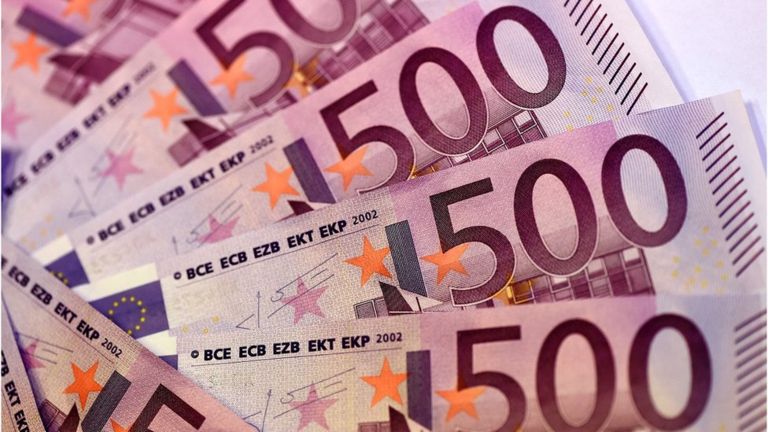Financial markets are pulling off better following Italian Prime Minister Matteo Renzi's heavy defeat in Sunday's referendum. Â
The euro was hit after Mr. Renzi disclosed his decision to resign as Prime Minister. At one point the currency hit $1.0505, its worst against the US currency since March 2015 but rebounded and by late morning was at $1.0700, a 0.3% rise. Shares in Italian banks opened lower before recovering ground. The embattled Monte dei Paschi plummeted by more than 5% in the first few minutes of trade, but then rebounded and have risen by 1.2%.
Analysts say Mr. Renzi's defeat was already priced into the market. Kathleen Brooks, research director at City Index Direct, said there was caution among investors but not panic. “While the markets are likely to remain nervous as we start a new week, they haven't fallen off a cliff, so far," she said. “Either markets are becoming immune to political risk, or they are taking the view that the Italian issue will be a slow-burner, even if the president can't form a government, he still has 70 days to try, and that seems quite far away at this stage."
However, with the referendum adding to the woes of its banks, the Italian economy is in a fragile state and a period of political uncertainty hold potential for further damage.
Analysts are particularly concerned about Italy's banking industry, which is perceived as being vulnerable to a loss of confidence. Many banks are struggling with a burden of bad debt and are in dire need of refinancing.
That finance is unlikely to come by amid a political crisis. It was believed that a victory for the Yes camp in the referendum could have ignited an influx of investors to help recapitalize the banks. But given that the No voters won, analysts are now uncertain what the future would be.
"The economy is gradually recovering but it is also being held back by the problems in the banking sector which hasn't been addressed properly so far," said Lorenzo Codogno, former chief economist at the Italian Treasury and founder of LC Macro Advisors.
"So, I think the combination of domestic and international factors plus the open issue of in the banking sector are at the root of not particularly brilliant growth," he added.
Furthermore, the size of Italy's government debt is equally alarming. Government borrowing, regardless of which figures one looks at, is one of the largest in the Eurozone.
Italy's cost of borrowing rose sharply in early trading on Monday. The country's 10-year government bond yield was up from 1.896% at the end of last week to 2.0516%. Yields rise when the price of bonds fall. However, the yield then fell back below the 2% mark to stand at 1.988%.
Mr. Renzi's defeat also adds to pressure on the European Union following June's Brexit vote in the UK. As Mark Wills from State Street Global Advisors said, "it's not very hard to see a new election on the horizon, and it's not very hard to see the 5-Star Movement taking power with stated aims to either leave the EU, drop the euro, or both,"
"For Italy, establishing stable governance and a plan to guide the nation is of critical importance given the fragility of the economy, challenging policies and the liquidity problems in the banking system."





